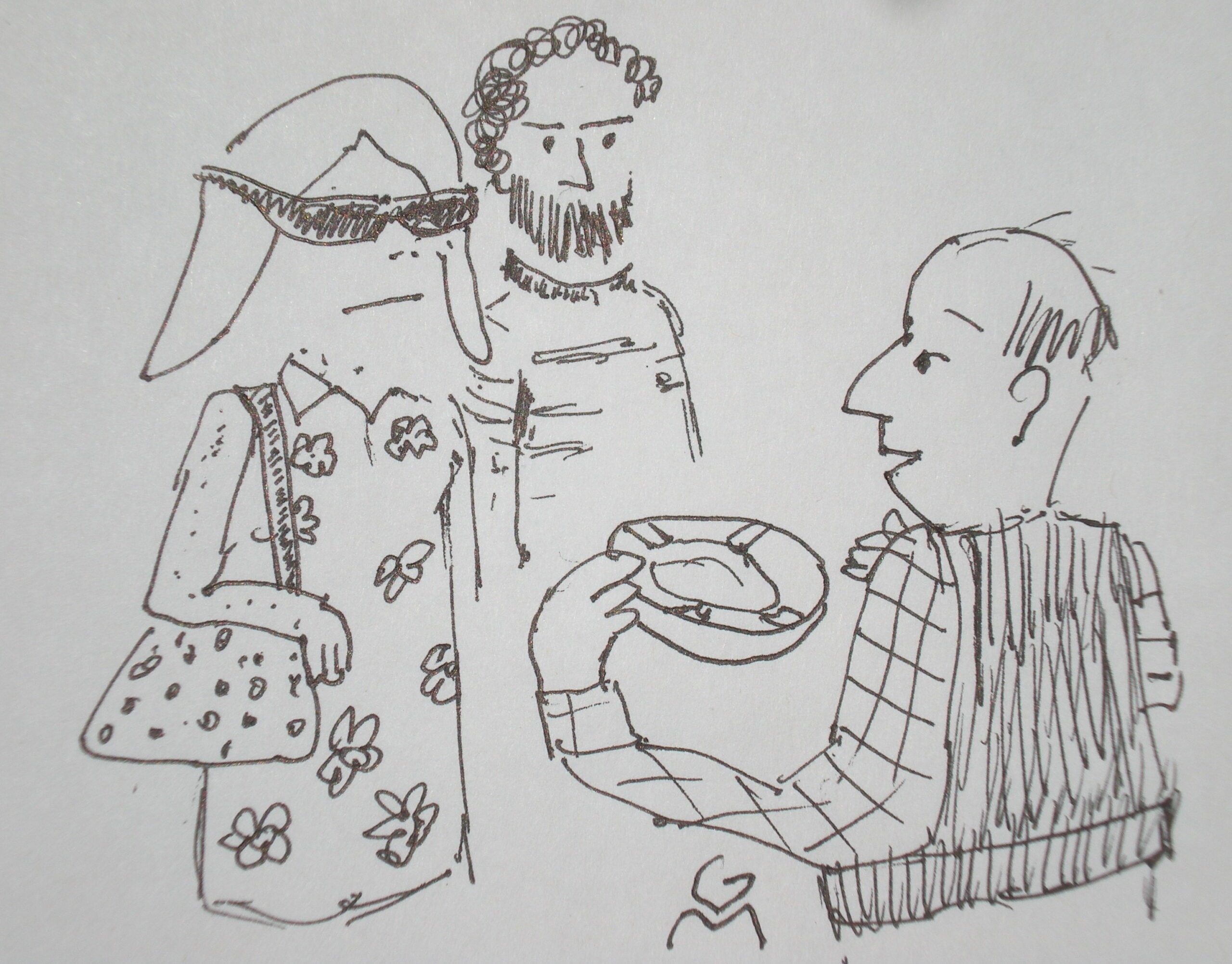UNITED STATES—Anybody who can take a cross-country trip with a dog and write a book has my respects. Mine is barely learning to let me read in peace. I have new respect for John Steinbeck. After a trip up north, I stopped in downtown Salinas to pay my respects and read part of a Swedish mystery which was just getting interesting. When I came to a stop in the parking lot, my puppy vomited.
It was a fitting expression upon arriving at this armpit section of the Nobel Laureate’s hometown. We found a donut shop next to the former Greyhound terminal, a point of neonlit passage from many early trips up from Los Angeles. It’s been shuttered for years, left to the grittiest of inner city abandon.
I conquered an urge to patronize a cute espresso joint around the corner on the drab shopping mall where I could have a predictable experience. But the place was empty; whatever I found there would have been homogenized American bourgeois coffee culture. A donut wouldn’t hurt me; in such shops as these I had written my first stories.
At the threshold of the donut shop, “Salinas Donuts,” a man in a wide wheelchair was in my way. A graybeard, dissolute Anthony Quinn.
“You first,” I said.
“I can’t go in with my wheelchair.”
He stayed outside but his smell followed me in. The beglassed young Chinese man was OK with a dog on the premises. We were already ahead. Now if I could stand the sensory overload of Coca-Cola logos, garish peach and blue pastel shades surrounding the photo menu that reminded me how tricky is the photographic art of making food look edible. I felt at home in the seats, pure sunset, earthtone body contoured plastic seats that conjured dunebuggy days.
“Where’s my eggroll,” growled the man in the wheelchair outside.
“I tell you no egg roll on Sunday,” said the boy with glasses.
A skinny man came in. He took money from an ATM and bought a scratcher from the lottery vending machine.
“Where my eggroll?” said the man.
“I tell you no eggroll,” the boy repeated.
Then the boy took something fried between tongs and put it in a paper bag. The bottom of the little bag soon turned dark with grease.
“Payday,” said the man, receiving it. This went on like a radio show behind my back. “Here.”
“Your money no good,” said the boy and sent him away. Afterward, the boy sprayed some aerosol in the man’s wake.
A skinny man came in and bought a scratcher with money from an ATM.
Then a woman came in to buy something. She held her head high. Out the corner of my eye she had the flat round features of a Geisha. When she came over to see down in one of the groovy seats with her donut, she asked me if she could pet the dog. She scratched it around the jowls. I’d have to remember that that move: he liked it.
Outside the man in the wheelchair asked my for some coffee money. Of course his money was no good at the donut shop; maybe he’d get something stronger than coffee with the buck I gave him. Hooch maybe. That was OK.
I knew that he was looking for happiness, just the same way I craved reading. For several days in Watsonville, handling my dog and some errands for my elderly mom, I had been denied that pleasure. And now I was denied it again in Salinas.
The man—named Bernabe—told me about his law suits with the sheriffs, the Greyhound station and the hospital. “The judge accepted my suits. ‘Mr. Hernandez,’ the judge said, ‘You’re going to be a rich man.’ The first thing I’ll buy is a house to sleep in. I lost my house. I known I’ll be good to other people as you have been with me. Bless you.”
Steinbeck didn’t live to write about the lawsuit lottery a lot of people live and wait for now. It didn’t make it to his probing picture of the United States in 1960 in “Travels with Charley.” I was aware it was just me, the dog and Bernabe in the parking lot. This was all there was. Bernabe was warmed by the crinkle-eyed hope his lawsuit gave him; no need to get into the dirty details. The buck I gave him got me his blessing—that was enough.
Grady Miller is a humorist. He is the author of “Later Blookmer: Tales from Darkest Hollywood,” available on Amazon.






